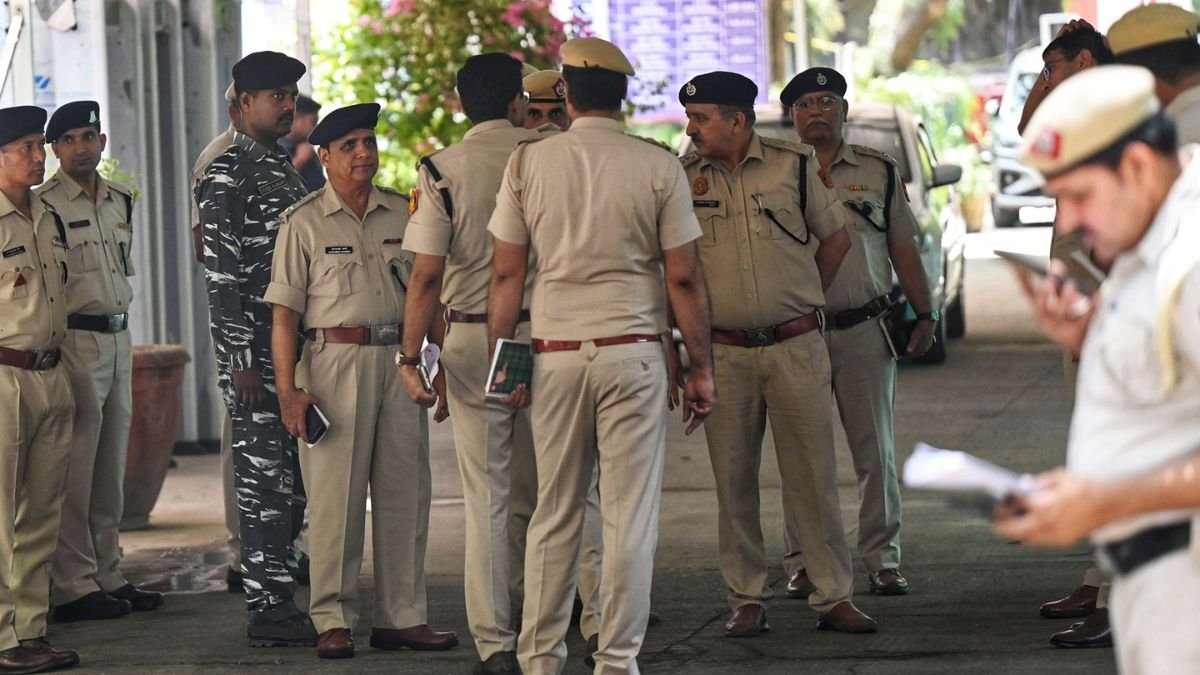Russia Fines Facebook And Telegram For Distributing Prohibited Content

Russia and country authorities have ordered Facebook and the Telegram message app to pay steep fines for their failure to remove illegal content, a move that might be part of increasing government efforts to tighten social media platform control in the midst of political disagreement.

On Thursday, the Moscow Court fined 17 million rubles on Facebook (about USD 2.36 million) and ten million rubles on Telegram (USD 1,39,000).
The type of content that the platforms couldn’t take down was not immediately clear. It was the second time in the last weeks that both companies were fined.
On 25 May, 26 million rubles (USD 3,62,000) were ordered to be paid to Facebook not to download content which Russian Authorities have deemed illegal.
Telegram also was ordered a month ago to pay five million rubles (USD 69,000) because it did not take calls.
Earlier this year, Roskomnadzor, Russian State watchdog for communication, began to slow down Twitter and threatened to ban it, even because it allegedly failed to accept illegal content.
Officials maintained that the platform did not remove child suicide-enhancing content and contain drug and child pornography information.
The attack was unleashed when Russian authorities criticised platforms for social media that this year put tens of thousands of people on the streets of Russia for the release of prisoned rival Alexei Navalnye, the most famous critic of President Vladimir Putin.
The Kremlin has faced a major challenge with the wave of demonstrations. The officials alleged that social media platforms did not eliminate children’s calls for participating in the demonstrations.
Putin urged police to do more to monitor welfare and track those who attract children to “illegal and unsanctioned street actions.”
Efforts by the Russian Government to tighten Internet and media control date back to 2012, when the blacklisting and blocking of certain online contents by the authorities was approved.
A growing number of restrictions have since been introduced in Russia with respect to messaging apps, websites and social media platforms. The government has repeatedly threatened to block Twitter and Facebook, but has stopped from banning it probably afraid that the move will lead to much public outrage.
Only LinkedIn, a not very popular social network in the Russian Federation, was prohibited by government authorities for not saving user data in Russia.
In 2018, Roskomnadzor blocked Telegram because it refused to deliver encryption keys that scrap messages, but failed to limit access to the app completely, thereby interfering with hundreds of websites in Russia.
Last year, the watchdog officially removed demands for the application to be restricted which, even by government institutions, continued to be widely utilised despite the prohibition.








